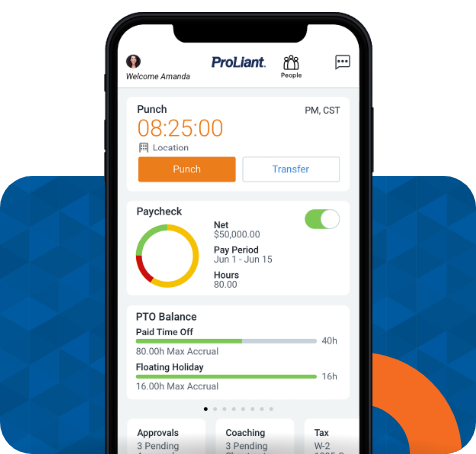1. Payroll Taxes in multiple states
If a business has employees in multiple states, payroll taxes could get more complicated. Different states have their own rules regarding how payroll taxes are handled, as well as different rates in certain areas.
2. Payroll laws are always changing
Payroll tax is a moving target, so treat it that way. The rules change year to year and administration to administration. You must keep up.
3. Timing of Bonus Checks
Eager as you may be to hand out bonuses to star employees—wait. The timing of those bonuses could have tax implications. For covered, nonexempt employees, the Fair Labor Standards Act (FLSA) requires overtime pay at a rate of not less than one and one-half times an employee's regular rate of pay after 40 hours of work in a workweek.
4. Leave Payroll Taxes Alone
Just as outside payroll companies must leave payroll funds inviolate, so must business owners keep their hands off of them. It is against the law for employers to borrow from payroll taxes to pay operating expenses.
5. Wage Payment
An understanding of federal and state minimum wage laws is critical to payroll processing. Some states have a higher minimum wage than federal law requires; if so, the higher rate applies. Minimum wage laws also apply to tipped and exempt workers. Some states require paid rest breaks and set payday laws that require employers to pay employees by a particular time. Knowing final paycheck laws is important because they describe how to handle paying terminated employees. Talk to your payroll provider if you have questions.
6. Payroll Taxes keeping rolling
Employment taxes are broken up into the employer and employee liabilities. As an employer, you're responsible for withholding and paying federal -- and applicable state and local – employee taxes plus paying your portion. You must also perform tax reporting with the respective agency. Complying with these rules keeps the IRS off your back.
7. Record Keeping
The FLSA requires employers to maintain individual records for exempt and nonexempt employees; both have separate requirements. The FLSA also mandates how long records should be kept and where they should be maintained. Documents include employment contracts, time cards, and records showing deductions from and additions to wages. The state might have record-keeping requirements as well.
Does this stuff keep you up at night? Don't worry! We have your back. We have Certified Payroll Professionals (CPPs) waiting to hear from you.





No Comments Yet
Let us know what you think